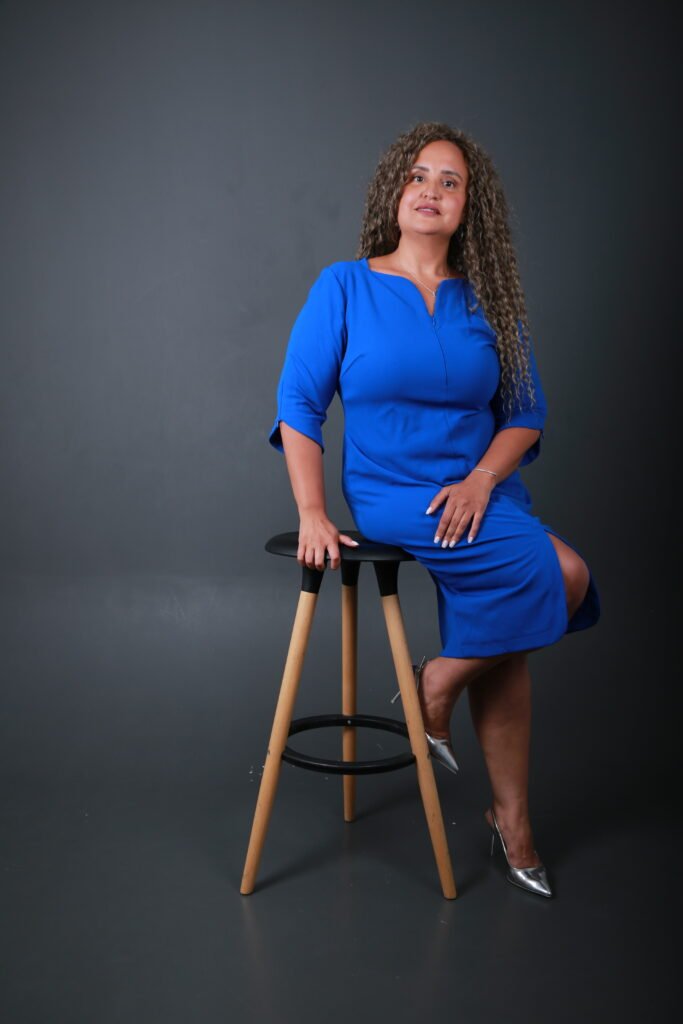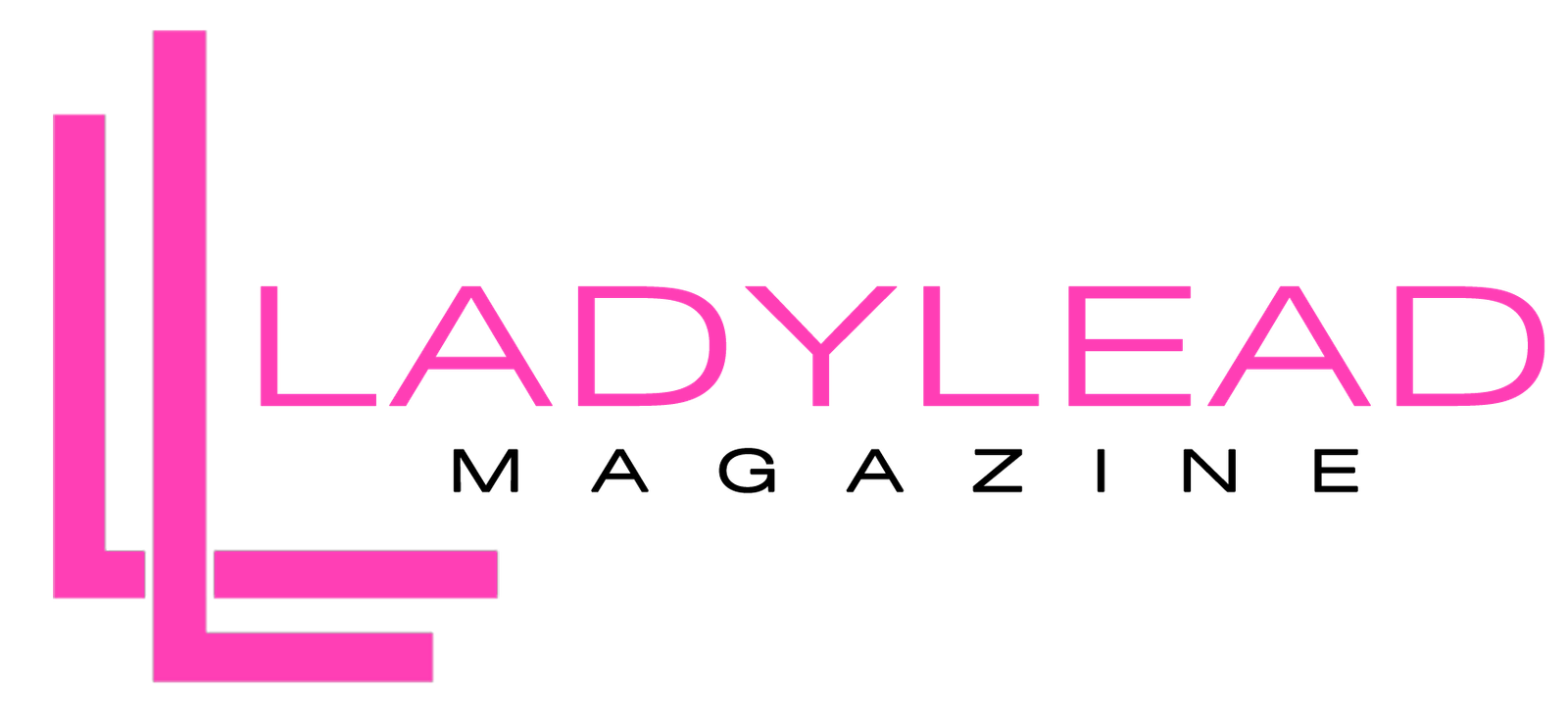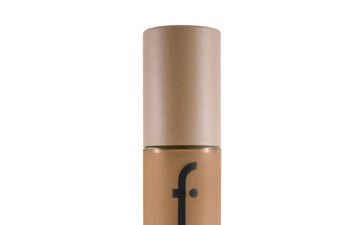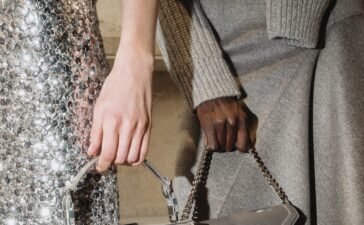The only thing a cancer patient wants to hear is, "I am here for you and with you no matter how long the journey is or how the results will be."
Interview with Fatma Jammali : Tunisian journalist based in UAE & writer/scenarist
Stage 4 cancer survivor -Motivational speaker – Podcaster( podcast khatwa)

Can you share with us your personal journey of overcoming stage 4 cancer and how it has shaped your perspective on life?
It’s a journey of faith, patience, and a lot of positivity. 9 months of challenging myself every day to overcome the pain, solitude, and difficulties.
Thanks to God, that made me stronger and changed my perspective on life. I am grateful for all the second chances I had.
Every morning for me is a new life, a gift from God to keep hope alive.I learned that no matter how hard or challenging, life is about living it fully with all ups and downs because the strait line means death.
I learned how to keep toxic people and negative thoughts away because I have to be the hero in my story; no one else can be.
As a cancer survivor, what advice or support would you offer to others who are currently battling the disease?
Well, it’s advice to everyone, not just cancer patients.
If 100 people tell you to be brave and strong, this time will pass. It will never give a result unless it comes from you!
You can only motivate yourself; I want you to talk to yourself, and I mean talk. Look in the mirror and tell her how much you appreciate her and how much you support her.
Another piece of advice to the people around the patient (family or friends) Don’t make him feel like he is a class ball; it can break anytime. Don’t choke him with what you do and don’t give advice because he knows them all very well. The only thing a cancer patient wants to hear from his circle is, “I am here for you and with you no matter how long the journey is or how the results will be.”
Your book, “It was strong, I was stronger,” highlights your strength and resilience. Can you tell us more about the inspiration behind it and the message you hope to convey to readers?
The book wasn’t meant to be a book; it was my may to talk to myself as I spent a long period alone in the hospital, so I didn’t have anyone to talk to, but once I finished the treatment and I started talking openly about it on social media, I used some of what I wrote in my posts, and it got a lot of interaction and engagement, many questions, so I felt I was the straw that people clung to, and I had to share those moments with them.
In your role as a motivational speaker, how do you empower women in the Middle East, specifically Tunisian and Arab women?
Tunisian and Arab women are strong by instinct, and in many regions, they were able to defend themselves against these injustices with different kinds of empowerment, such as social, economic, educational, political, and psychological.
However, Arab women need to boost their self-esteem and be open and honest about the struggle they are facing.

What motivated you to start your podcast, “Khatwa,” and how does it contribute to empowering women in the Middle East?
“Khatwa” was an old idea that I prodded for a long time, but knowing a lot of stories about struggles, suffering, and righteousness,And one step was able to move them away from giving up. I believe those kinds of stories are worth telling to the world, not only to Arabs, because successful stories are not only related to fame or wealth.
For me, surviving a toxic relationship, keeping the motivation alive, stopping the overthinking and stress, and learning how to be happy is a real success.
In your opinion, what are some of the biggest obstacles that Arab women face today, and what steps can be taken to overcome them?
I am Tunisian and proud to say we are viewed as a relatively advanced country in terms of women’s rights.
Habib Bourguiba began instituting secular freedoms for women in 1956, such as access to higher education, the right to file for divorce, and certain job opportunities. Women in Tunisia enjoy certain freedoms and rights that are denied to women in neighboring countries. We even had the first Arab prime minister countries, Najla Bouden.
I live in the UAE, where gender equality is of paramount importance, and the Constitution of the UAE guarantees equal rights for both men and women. Under the Constitution, women enjoy the same legal status, claim to titles, access to education, the right to practice professions, and the right to inherit property as men.
And I wish all the Arab countries would be following such steps for more gender equality.
What advice would you give to young women who aspire to make a difference and break barriers in their chosen fields?
Live the journey that makes you happy and proud, no matter what others think or say, because it’s not your trial life; it’s your only one!








